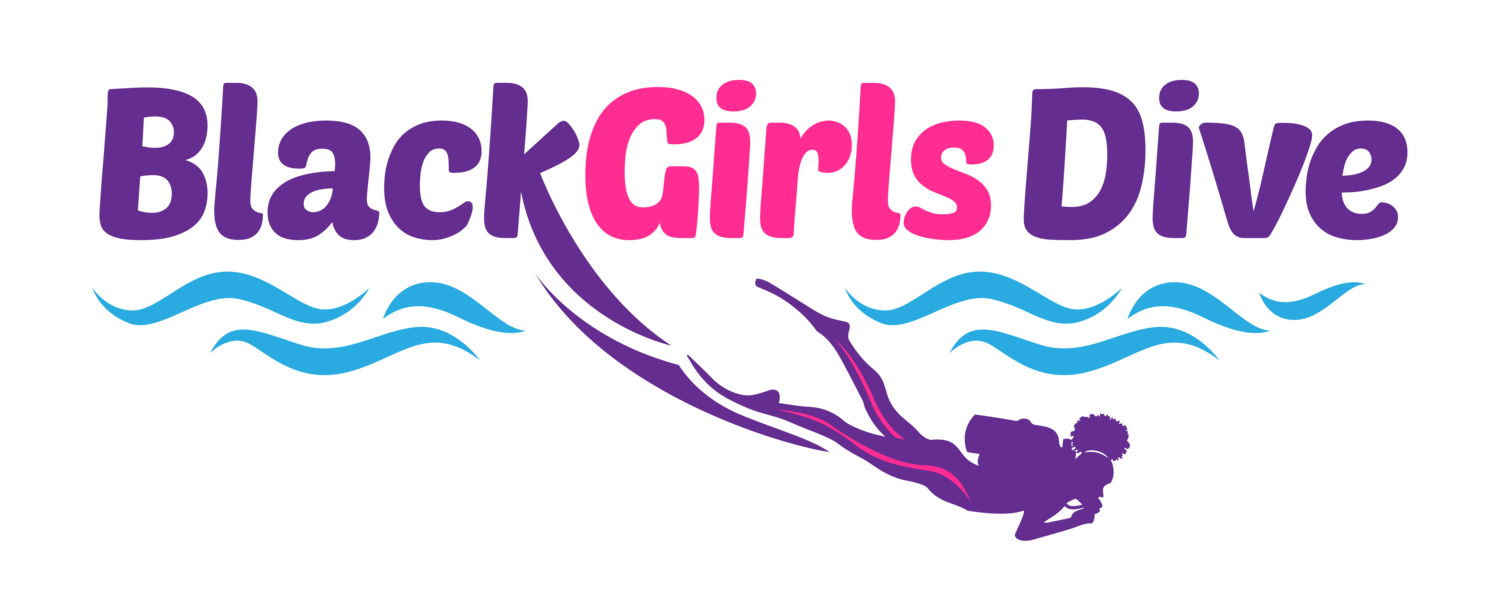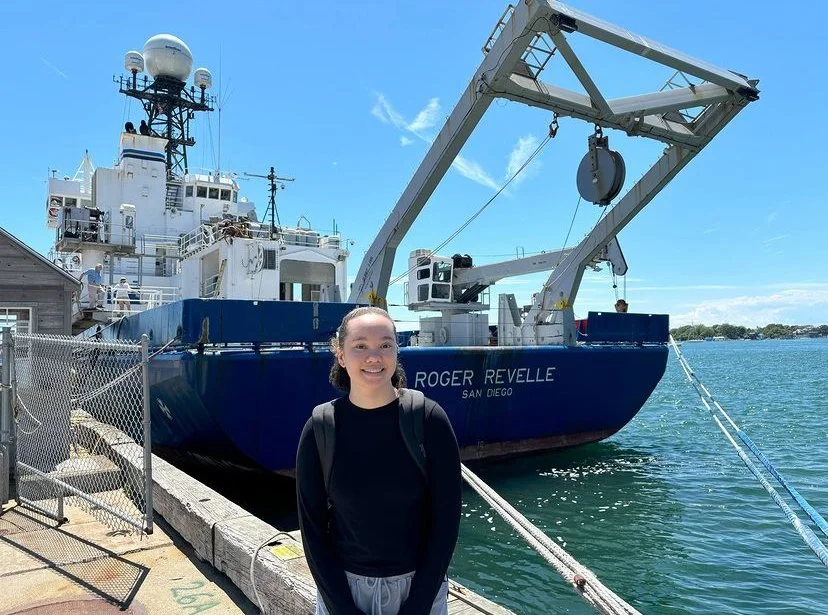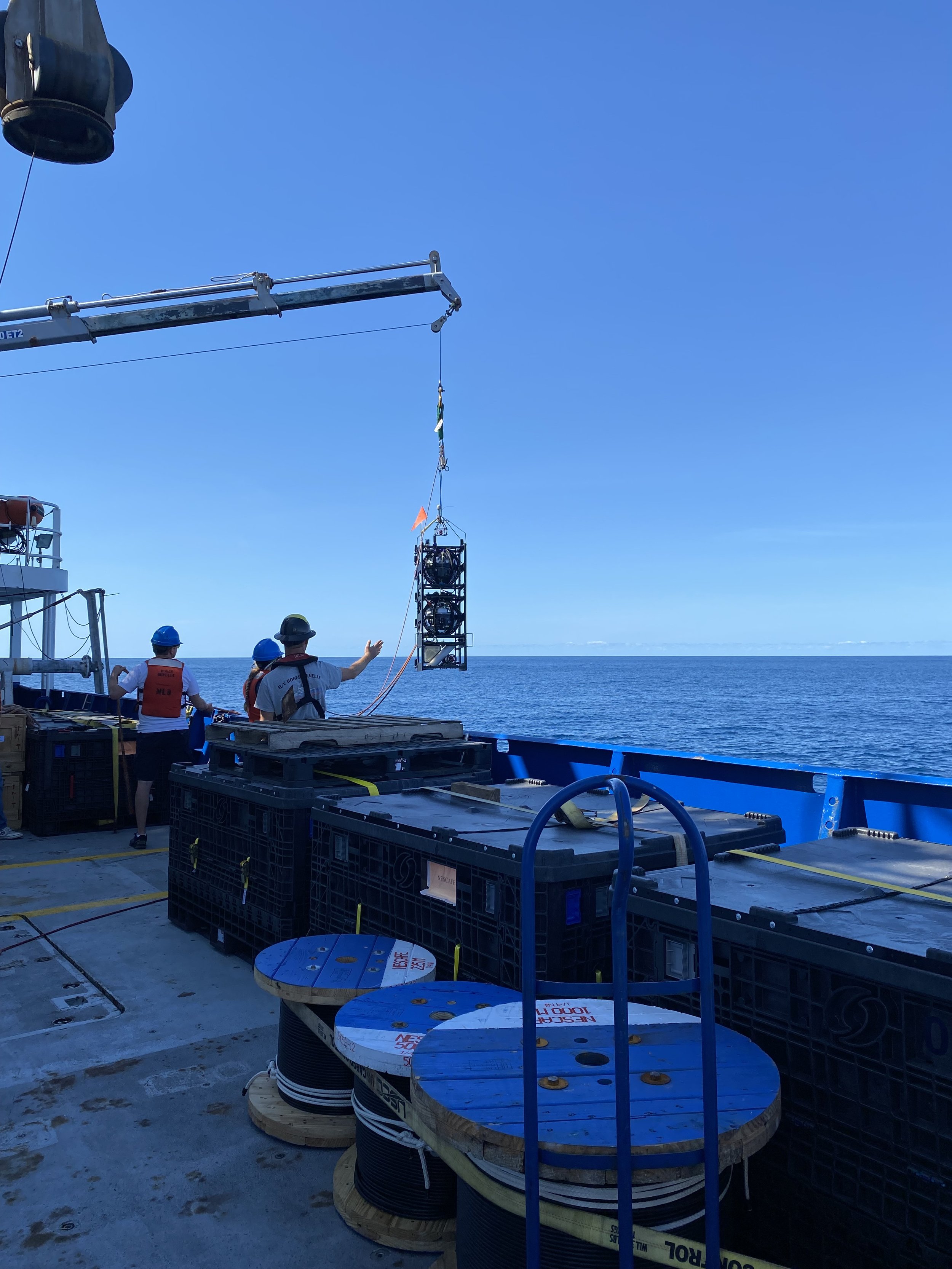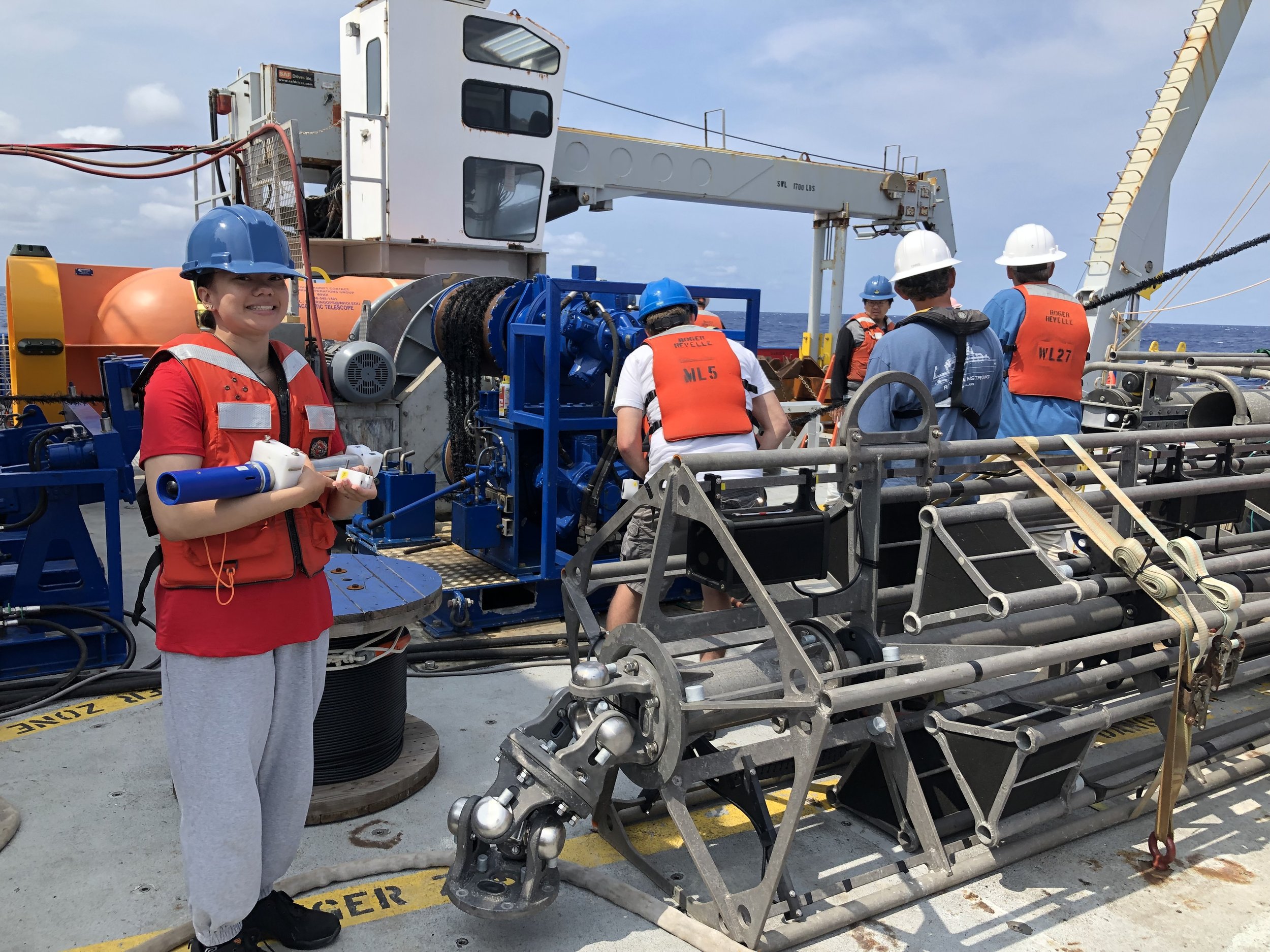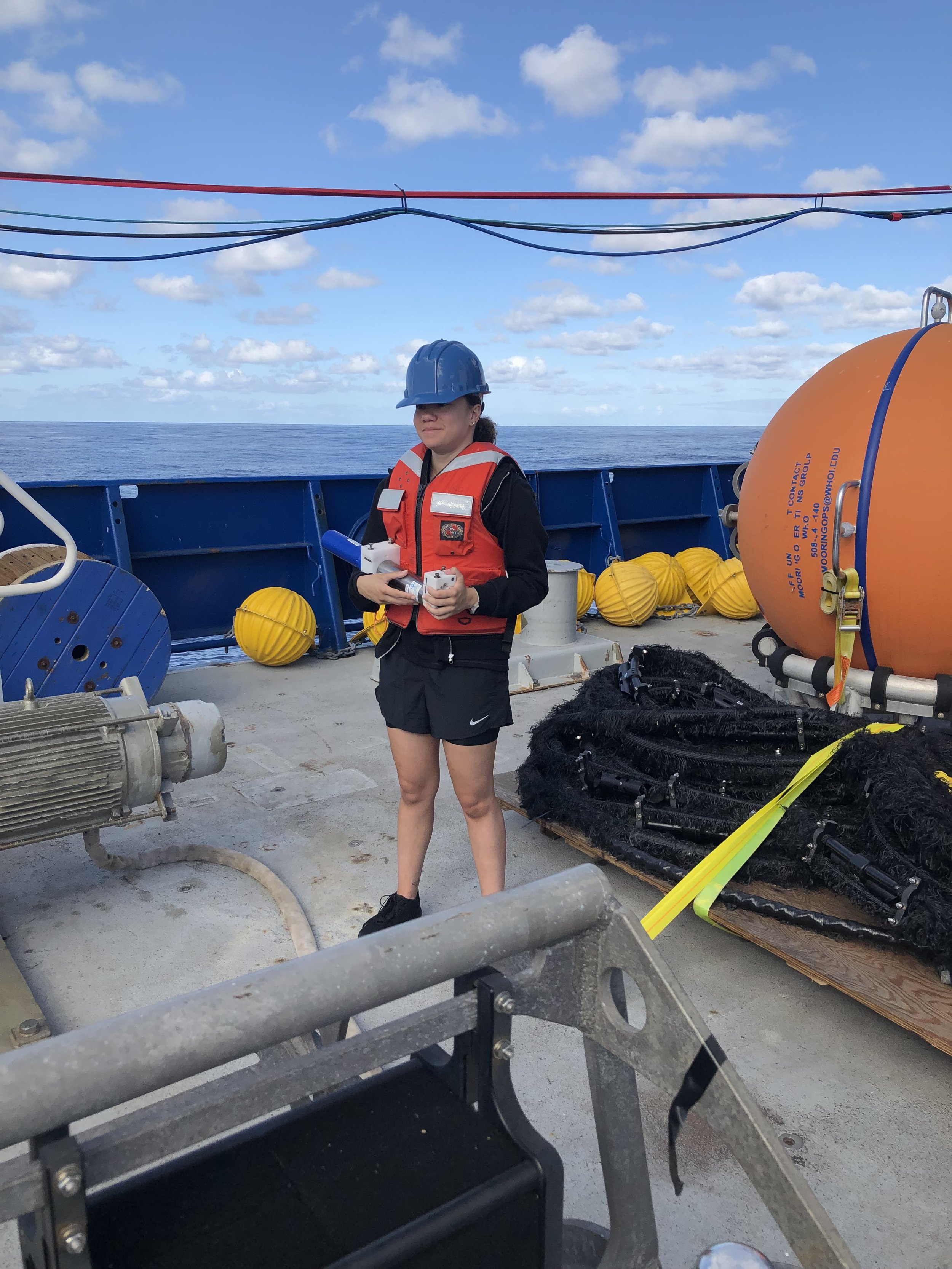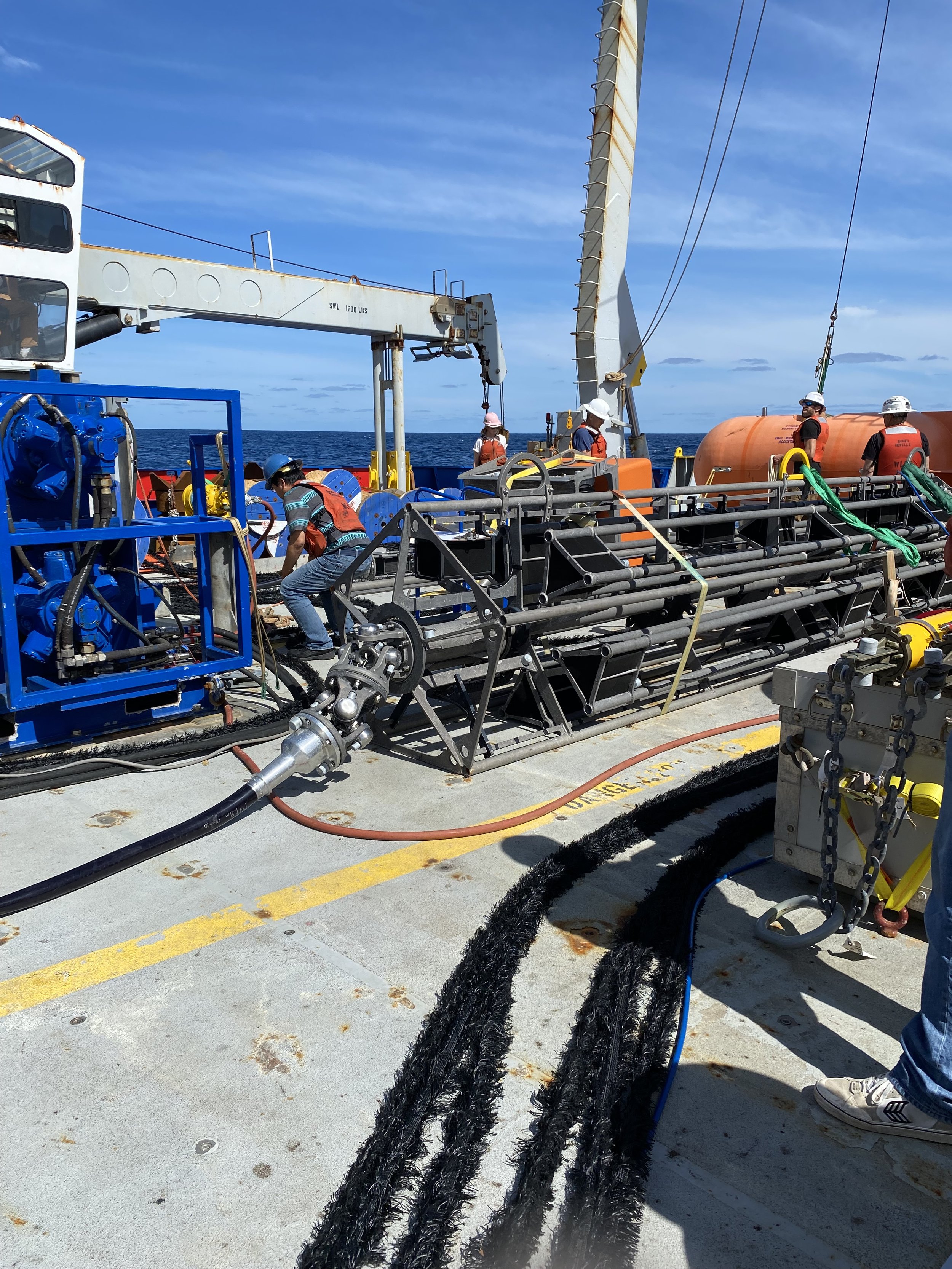I just finished my first week aboard the Revelle and my third week as an IMPETUS intern at Woods Hole Oceanographic Institution (WHOI). These past few weeks have already been filled with so many learning opportunities and exciting new experiences. I am immensely honored to have the opportunity to discover different ways scientists and engineers conduct research that deepens our understanding of the ocean and to be a part of projects that have a lasting and meaningful impact on oceanography. Before going out to sea, I spent some time learning more about computer programming so I would be able to assist with data collection, graphing data, and maintaining the 3D acoustic telescope (3DAT). I learned the basics of Python and Linux, two systems that are commonly used amongst scientists to store and analyze data, and more relevantly, with the 3D acoustic telescope. As someone who is not heavily experienced with coding and programming. I found these two programs to be easy to become competent in and apply directly to the work I was doing. I can see how having these skills and practice will come in handy and make life easier as I continue my schooling and assist in more research. Seeing how the 3D acoustics telescope works and how complex and nuanced ocean engineering is has been an enlightening experience. Through this internship, I have been exposed to areas of research I had not previously been aware existed. I have been able to learn about hydroacoustics, seismic oceanography, and several other fields that were of interest to me and that I might want to pursue in the future.
As a scuba diver, I am used to being on boats for dive trips that only last a day and are never this far from land, so I was a little unsure of what to expect out of a two-week trip to the Atlantic Ocean. So far, my trip has been nothing but good: calm, good weather, and lively days. I have spent my time watching drifters get deployed, helping prep hydrophones, and getting the 3D acoustic telescope ready for deployment next week. My primary job, aside from helping wherever need be, is to do daily checks on the 3DAT to ensure its drives are correctly collecting and storing data and its temperature and pressure are normal. Everyone onboard has been extremely kind, knowledgeable, and welcoming. Meeting the other researchers aboard and getting to learn more about other kinds of research and projects occurring on the ship has been very rewarding. And it has allowed me to gain exposure to different types of oceanography and research, which has helped me gain a better understanding of which fields and careers I may want to continue to explore in graduate school. I am grateful for the people at both WHOI and SCRIPPS who have encouraged me to ask questions and allowed me to gain new experiences and skills. Aside from learning programming, I have learned how to secure scientific instruments to boats and how to tie basic knots. I am thoroughly looking forward to continuing to grow and acquire more knowledge through this internship.
